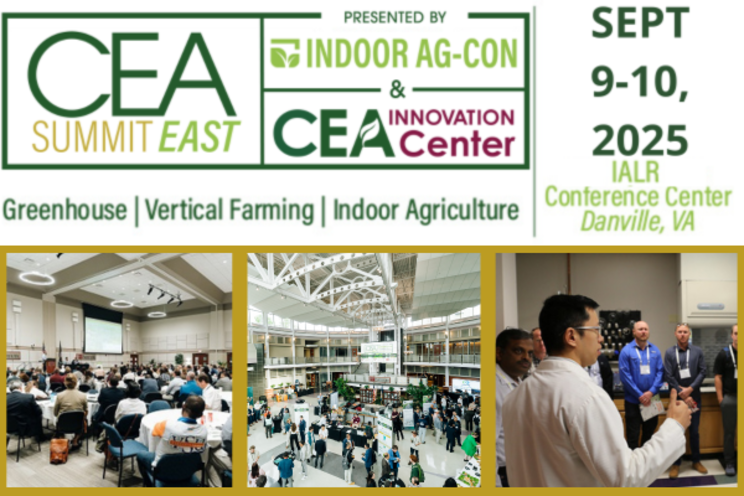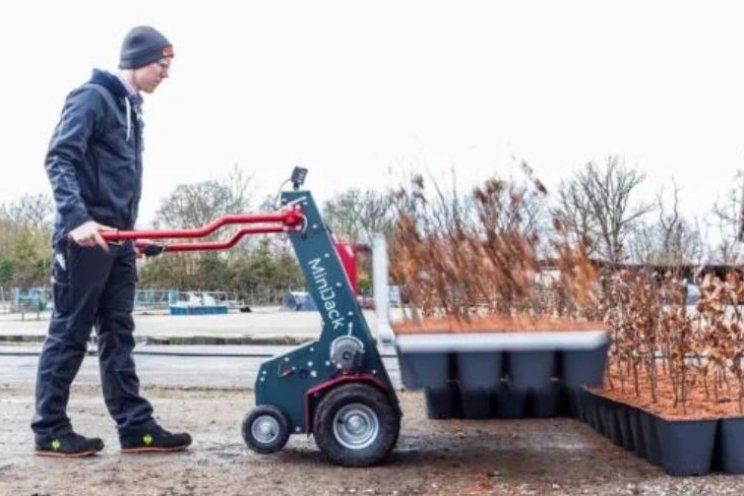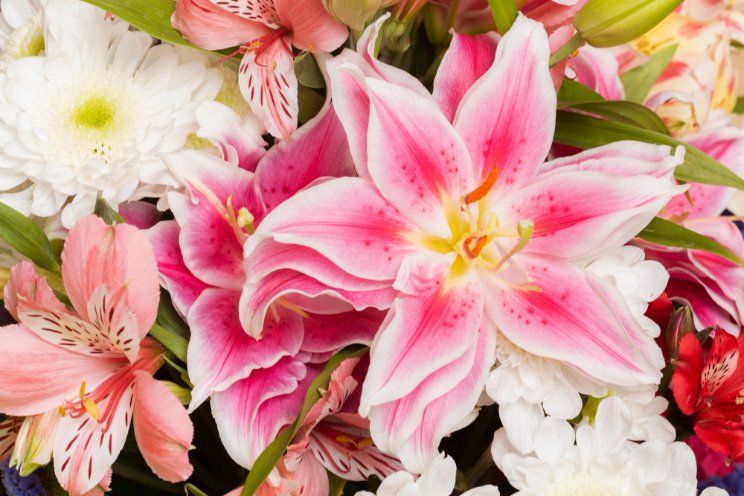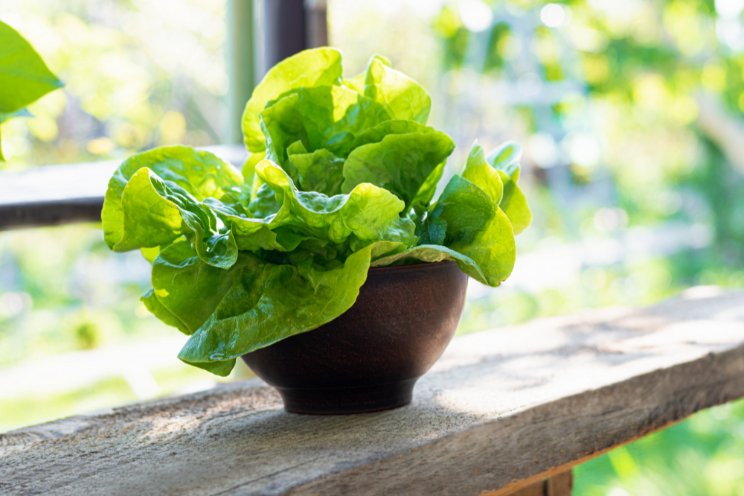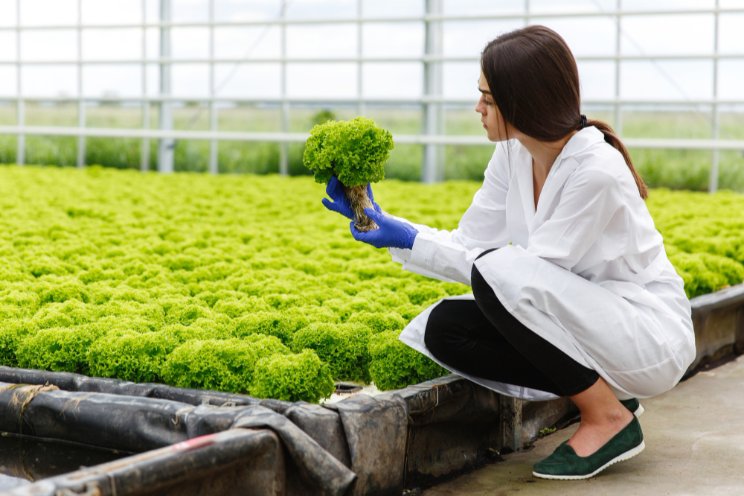Integrated soil management in the fight against nematodes
Added on 23 May 2022
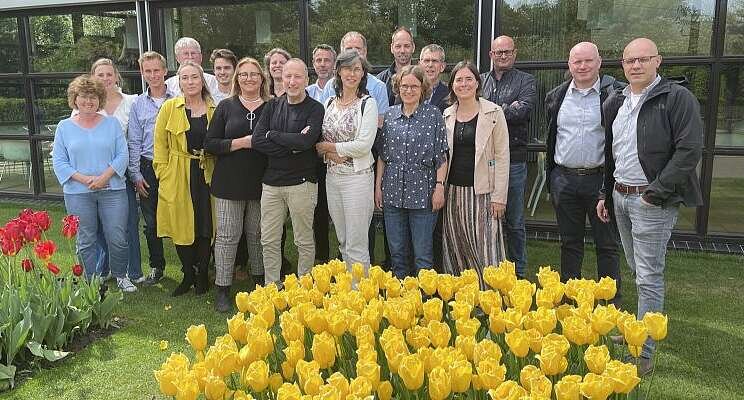
In this project there is a broad collaboration between Wageningen University & Research (WUR), knowledge institutions, Greenports, sector organizations (flower bulbs and arable farming), education and advisors/suppliers.
Method
Based on the Soil Quality Plan (BKP), WUR is developing a method with which bulb growers can improve the soil sustainably, even if it concerns a leased plot. By sharing available data more widely, users of the land can make smart building plans, taking into account the problems of the plot in question. These problems are often related to nematodes, according to a bottleneck analysis of the sector.
In this project, work is being done on a methodology in which the control of nematodes is central through good cooperation between tenant and landlord. Additional research is therefore being conducted into host plant status, damage sensitivity, stem nematode control (inundation on heavy soil) and a control strategy for Trichodorides (so-called free-living nematodes). Knowledge from other studies, for example from arable farming (PPS Beter Bodem Beheer), is also implemented.
Photo Courtesy of Wageningen University & Research
Source: Wageningen University & Research
More news


